Series Production Team Includes Variety of Neurodivergent Writers, Production Staff, Animators, Advisors, and Voice Talent
PBS Kids has a history of ensuring authentic inclusion in its series. Its newest show Carl the Collector not only continues this pattern but elevates it. The 2D animated series, aimed at 4-to-8-year-olds, features Carl, a warm-hearted autistic raccoon who enjoys collecting things, and his woodland creature friends including Lotta, a quiet and self-assured fox who is also autistic.
By featuring two autistic characters, viewers can better understand that autistic individuals are not all the same. Carl pays extraordinarily close attention to detail and comes up with unique ideas that others might not consider. His collections help him solve problems. While Carl is sensory seeking, Lotta experiences hypersensitivity to loud sounds, powerful smells, and certain food textures. Lotta also has exceptional talents in art and music. [continue reading…]


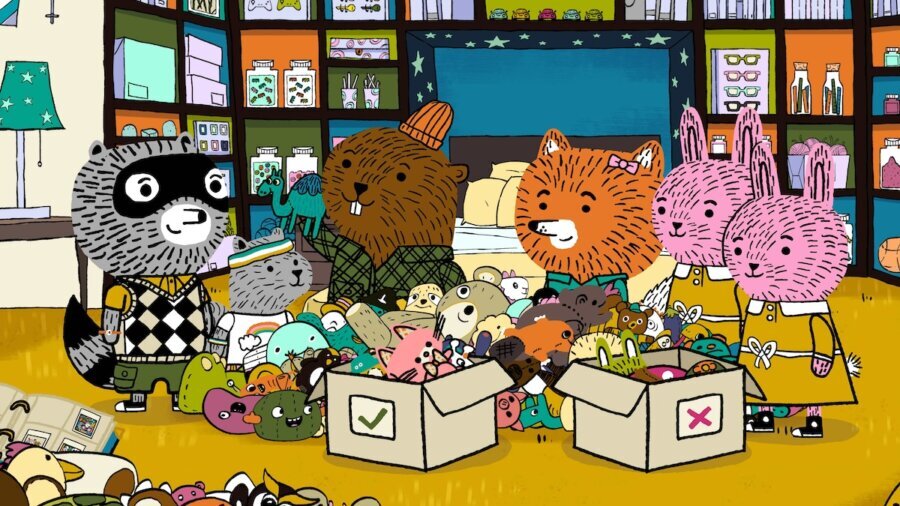

 Writer, actress, director, and producer (sometimes all at the same time), Rachel Handler is a powerhouse. She has a special way of packing a punch with her narrative shorts — most of which are under six minutes long — by providing windows into experiences that are normal to some but never before thought about by others.
Writer, actress, director, and producer (sometimes all at the same time), Rachel Handler is a powerhouse. She has a special way of packing a punch with her narrative shorts — most of which are under six minutes long — by providing windows into experiences that are normal to some but never before thought about by others.


 Washington, D.C. – Disability Belongs™ is the proud recipient of the 2024 Moxie Award in the nonprofit category. The Moxie Awards recognize organizations that are “innovative, fearless, and willing to embrace risks.”
Washington, D.C. – Disability Belongs™ is the proud recipient of the 2024 Moxie Award in the nonprofit category. The Moxie Awards recognize organizations that are “innovative, fearless, and willing to embrace risks.”

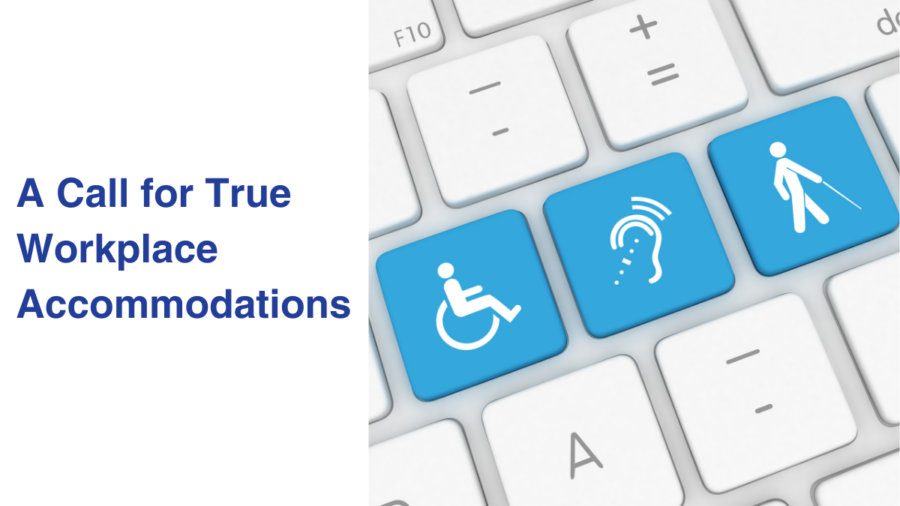
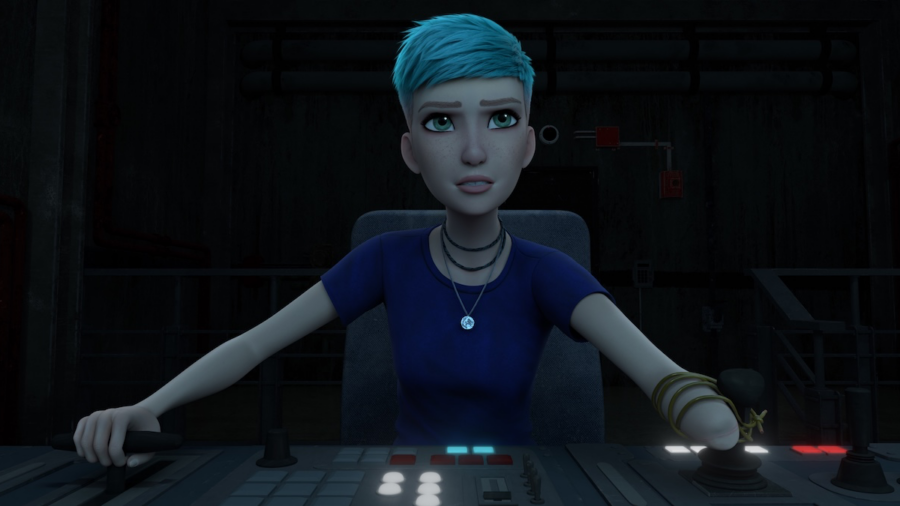

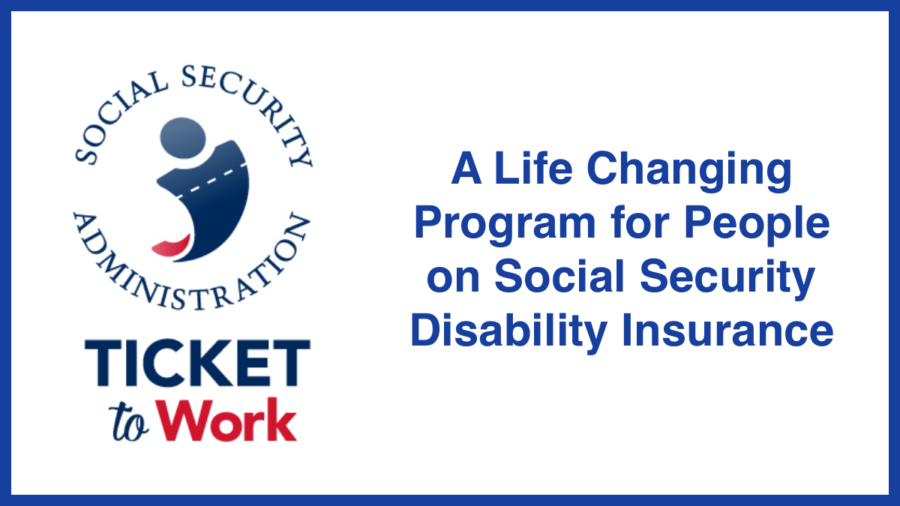
 According to
According to 


